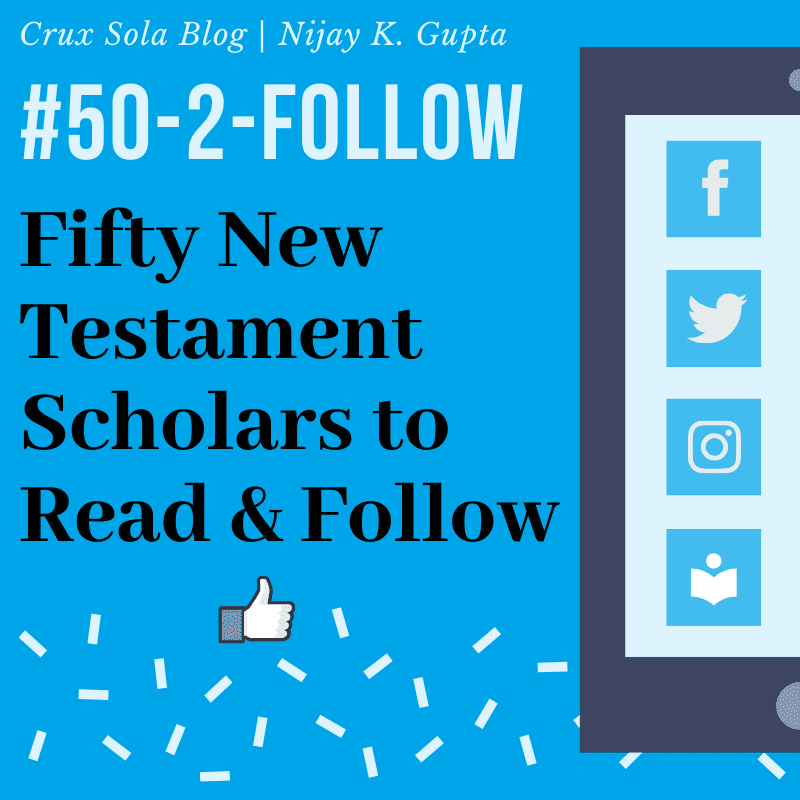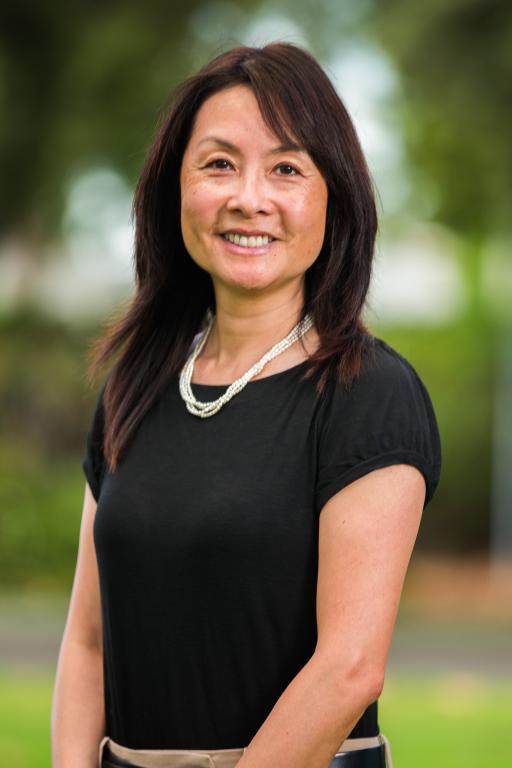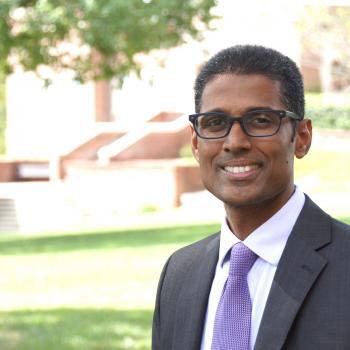This blog series spotlights 50 NT scholars and their research. The goal of this series is to introduce readers to a wider circle of scholarship than they have encountered. The majority of people on this list are early or mid-career NT scholars who are doing great research and writing.
Michelle Lee-Barnewall
Associate Professor of New Testament
Explain why you love teaching and/or writing, and why it brings you vocational satisfaction.
I love having the opportunity to introduce students to something new in their relationship with Scripture. For my introductory hermeneutics class, it’s helping them develop basic skills for interpreting the Bible. I enjoy seeing them get excited about what they can discover by using the proper tools and methods. For my upper class and graduate students, it’s challenging them to think more deeply about the implications of the relationship of Scripture to their faith, such as exploring the “Why?” behind the “What?” I learn a lot from my students as well. Their questions, concerns, and insights challenge and broaden my own understanding of Scripture. Also, their energy, curiosity, and enthusiasm, not to mention their humor and sense of fun, all help keep me young!




















